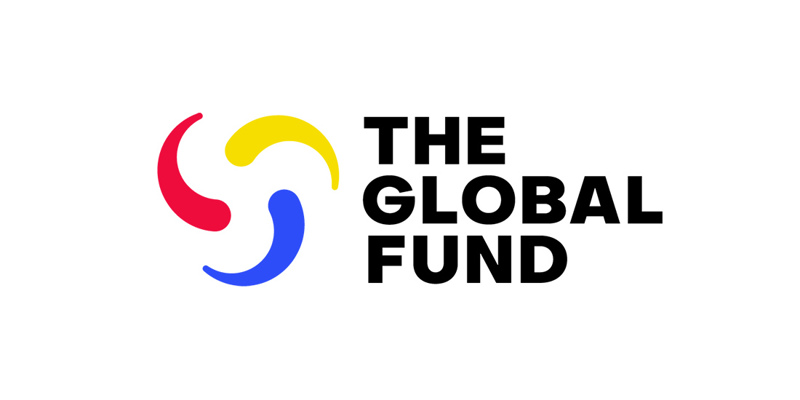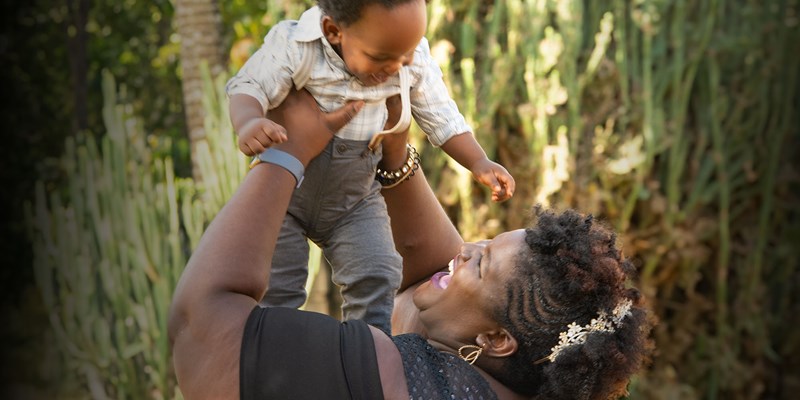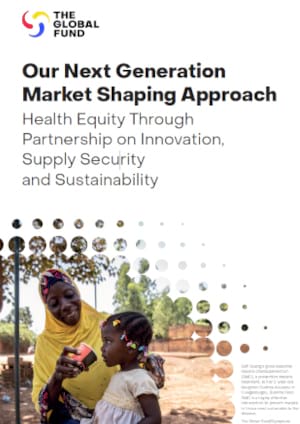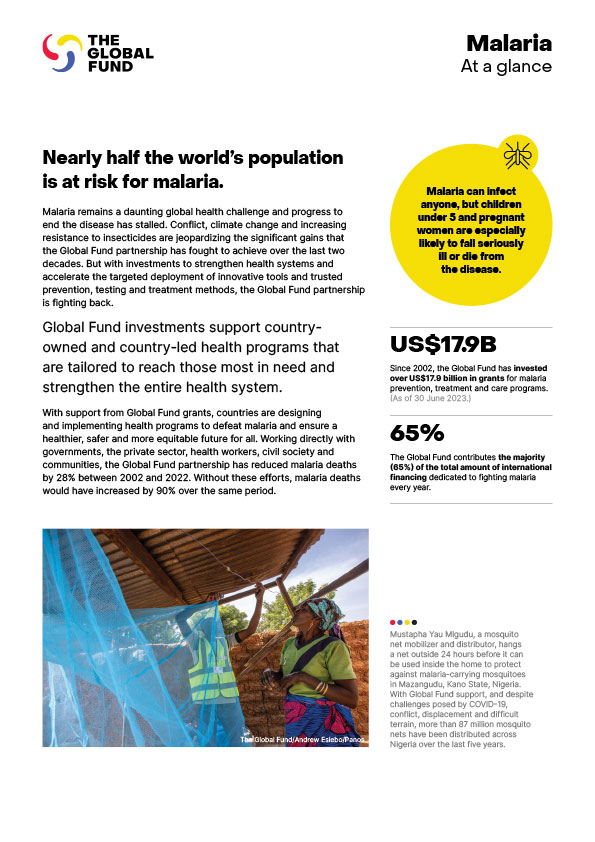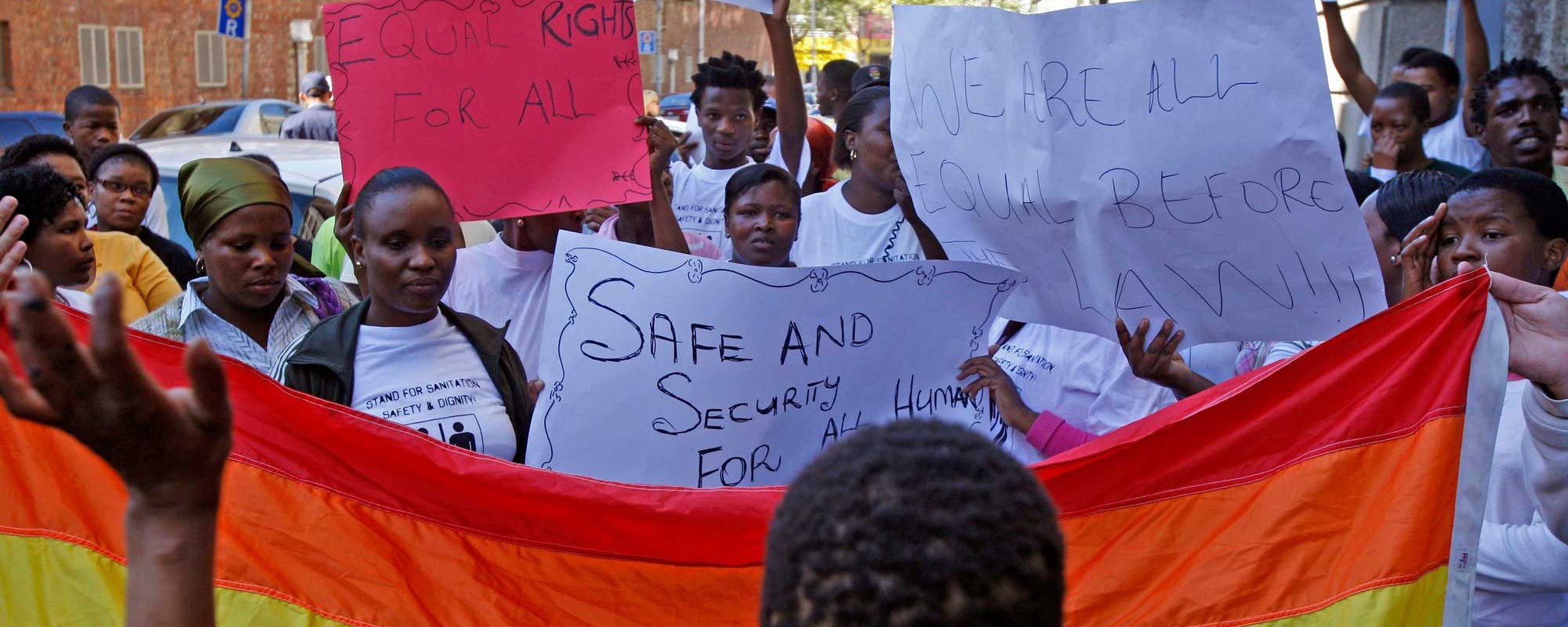

We Will Only Beat HIV if We Protect the Human Rights of LGBTQI+ People Everywhere
On this International Day Against Homophobia, Biphobia and Transphobia, we can celebrate some important steps forward for the rights of LGBTQI+ people, and thus progress in the fight against HIV. In the last year, at least three countries joined the 45 others that have decriminalized consensual same-sex sexual acts in the last 30 years.
But this progress comes against a backdrop of worsening repression against LGBTQI+ persons in many countries.
I would have liked this blog to have been written by one of the courageous LGBTQI+ activists the Global Fund has been privileged to support. But in too many places, even sharing thoughts publicly would be dangerous for them.
As of March 2023, some 64 countries still criminalize consensual same-sex relations, including six in which conviction for these acts is punishable by death. Several more countries are now considering draft laws with such draconian provisions.
As UNAIDS notes, making same-sex relations a criminal offense only heightens the disproportionate HIV risk that LGBTQI+ people already face. For example, a 10-country study in sub-Saharan Africa found that where these criminal prohibitions were on the books, HIV prevalence was twice as high among gay men and other men who have sex with men than in countries without such laws.
For over five years already, the Global Fund’s Breaking Down Barriers program has provided support to community-based partners in 20 countries working to overcome human rights-related barriers to health services for LGBTQI+ people and others who face broad and unjust criminal sanctions.
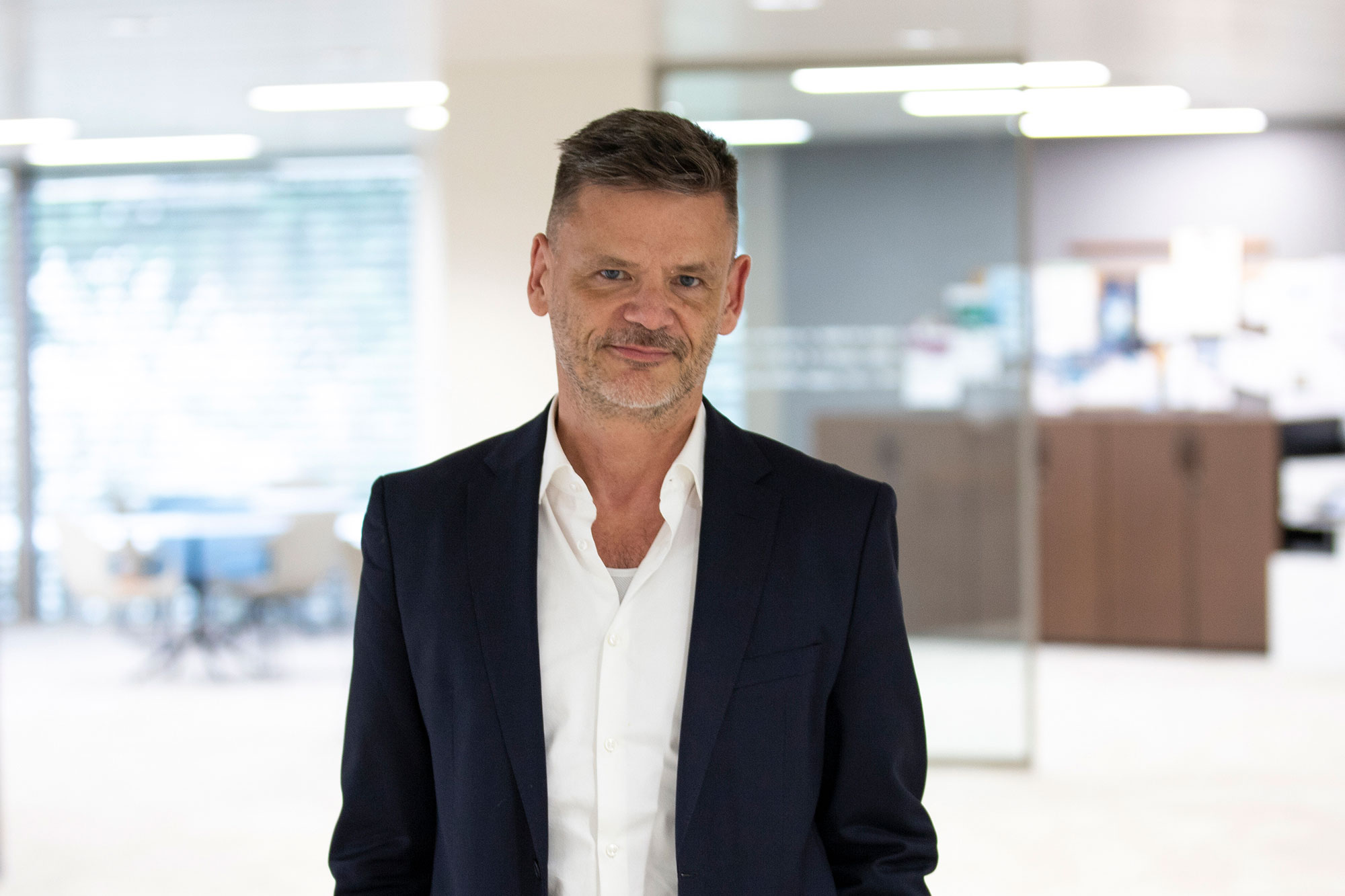
Ralf Jürgens, the Global Fund’s Senior Technical Coordinator on Human Rights in the Community, Rights, and Gender Department (CRG).
Though laws cannot be changed overnight, much can be done in the short-term to build advocacy alliances and plans to challenge laws and enable as much access to justice as possible.
For example, where it can be done safely, the Global Fund supports community-led monitoring of incidents of discrimination, violence and other abuses against LGBTQI+ people, which can then provide a solid base of information to advocate for legislative reform.
Breaking Down Barriers has also supported the mobilization of large numbers of peer paralegal agents – that is, in this case, LGBTQI+ people who understand their own communities and can help people make and follow up on complaints about violations of their rights.
Even if laws are unfavorable, paralegal support can help people to resolve situations of abuse and can refer people to legal assistance where needed. In Ukraine for example, peer paralegals have helped to preserve people’s access to health and harm reduction services even during the war. In places where LGBTQI+ people are endangered because of social attitudes and criminalization, the Global Fund has supported safe houses and other measures to protect peer paralegals, as well as the populations they serve.
Thanks to Global Fund support, health care providers in many countries have been helped to provide respectful services to men who have sex with men and transgender people. In a number of countries, again even where consensual same-sex relations are illegal, it has been possible to find safe spaces where health professionals can hear directly from LGBTQI+ community members about the challenges they face and the compassionate services they seek.
Community-based monitoring of the quality of health services for key populations complements this activity. It has also been possible in some countries for LGBTQI+ community members to engage constructively with police and prosecutors, often resulting in more humane law enforcement practices.
An effective global HIV response means not letting up in the struggle for dignified lives for all LGBTQI+ people.

